“What if we said to children, ‘You can learn however you want, wherever you want to, with whom ever you want to?’” –education activist Nikhil Goyal
“Don’t try to fix the students, fix ourselves first. The good teacher makes the poor student good and the good student superior. When our students fail, we, as teachers, too, have failed.” –educator and school founder Marva Collins
“Our dreams drive us forward. Museums accomplish wonderful things in society, but a billion learners—that’s the kind of dream we need to have.” –Michael Edson, Director of Web and new media, Smithsonian Institution
Hi, Sylvea here…
Our Education Future Fiction Challenge closed at midnight last night, and I’m eager to share some highlights!
As you may recall, back in December we started blogging about CFM’s Future Fiction challenge, inviting people to contribute their vision of an educational future for the US that included museums at its core. We were confident that your creative writing pieces—and photos, videos and drawings—could help museums prepare to play a new and bigger role in American education.
The Challenge submissions–over seventy of them–are going up on the CFM microsite devoted to the future of education, and we will continue continue to share selected essays in Future Fiction Friday posts here on the blog. These essays provide tremendous insights into how various people think about museums and P-K learning. Not only have you helped us envision many potential futures of education, but many of your stories reflect a keen awareness that contemporary issues in education that, if not tackled now, will create even more serious challenges later.
Many of your submissions explore the particular experience of individual student learners, the role of educators, and the changing learning landscape (will there be schools, desks, physical classrooms?) in 2040. Collectively, the essays address (directly, or indirectly) the following themes and yield thoughtful questions for our field as well as for the advocates of P-12 education reform:
- Alternative Assessments—How can we evaluate students in ways other than standardized tests? What does it mean to create greater opportunities for assessing students beyond traditional frameworks? How can we ensure that the quality of student education remains a priority while also removing methods that do not assess student’s ability to learn—like standardized testing.
- Community Engagement—What role should community members play in P-12 learning and how? What does it mean to engage community members is the educational process? How can/do museums help facilitate such partnerships?
- Cooperative Learning—What types of outcomes and products can students create when they work collaboratively? What new skills do students learn while working on projects with others and in what ways does this method lend itself to also helping to prepare young people for life outside of the traditional classroom. If, we do not have classrooms in the future, what are ways that students can still learn from their peers?
- Education Equity—What does it mean to create equitable opportunities for students and whose responsibility is it to seek such a standard for student learning? Why does education equity matter and what role might/will museums play in such conversations?
- Education Technology—What aspects of students’, educators’, and parents’ relationship to technology will truly be transformative to the education process? How will these new technologies shape student (and teacher) learning, assessment, and engagement with peers? How can we ensure that these new innovations enhance opportunities for all students, rather than deepen gulfs in access? Where are the best contemporary examples of such work?
- Future Educators—What should be the role of educators in the future? What characteristics of good teaching are timeless and critical to keep? How will the changes in the administration and orientation of P-12 education affect the future work of educators? What role should teachers play in shaping conversations about student learning? How will contemporary policy conversations about educators shape this profession? What role should museums play in professional development of future educators?
- Hands-on Learning—How will makerspaces, innovation labs, and other dynamic locations shape the future of learning? What methods best allow students to lead while learning in those places? How can we ensure that all students develop confidence, while also learning to embrace questions in such environments?
- STEAM—What future themes/topics might we find most likely to create the best opportunities for students interested in collaborations between Science, Technology, Engineering, Arts, and Mathematics fields? How might STEAM be considered an answer to parents (and community members) concerned by the current process of student tracking in some school districts—and the question of whether funneling students through non-voluntary based education tracks inhibits their access to a more vibrant (diverse) learning grid? How can museums help facilitate such projects in the future?
- Personalized Learning—What aspects of contemporary innovations in personalized learning are scalable? What might that look like in the future? How can we encourage students to think about personalized learning in a way that helps them learn how to articulate their strengths? How can we ensure that students also develop “grit”—that skill of resiliency that comes, in part from working through obstacles?
- Soft Skills—What types student work lends itself best to developing soft skills—or helping students learn more about their communication skills, habits, social graces, and/or ability to work with other people?
I hope the essays resulting from CFM’s Education Future Fiction Challenge (and/or these questions) prompt you to share current museum projects that address these challenges, and illustrate bits of these potential futures that exist today. Email me: shollis@aam-us.org if you are interested in sharing such work via a guest post on this Blog.
Next steps for us: convening our review panel to read all the essays, announcing the Education Future Fiction winners and continuing to mine the submissions and share what we have learned.
You can read stories about the future of education (with museums in a starring role), over on the CFM Future of Education website. In addition to hosting entries to the challenge (as we process them) as well as sample stories by invited authors, the site compiles and shares the best future-of-education resources we can find from across the web. We hope you will make that site your go-to resource for the future of education.
You can read stories about the future of education (with museums in a starring role), over on the CFM Future of Education website. In addition to hosting entries to the challenge (as we process them) as well as sample stories by invited authors, the site compiles and shares the best future-of-education resources we can find from across the web. We hope you will make that site your go-to resource for the future of education.
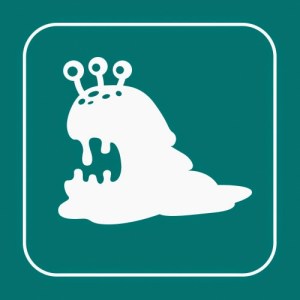
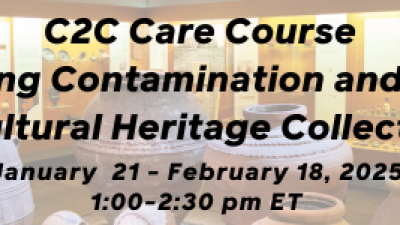
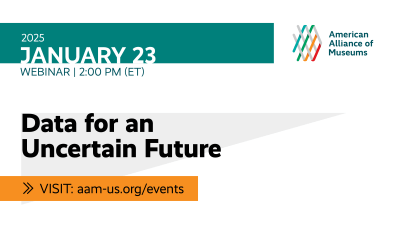
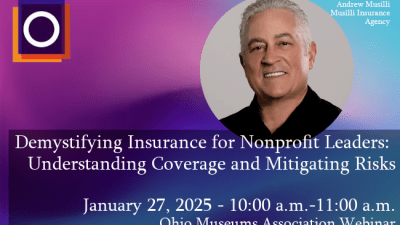
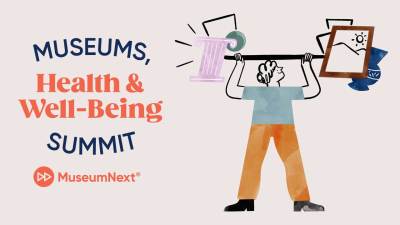
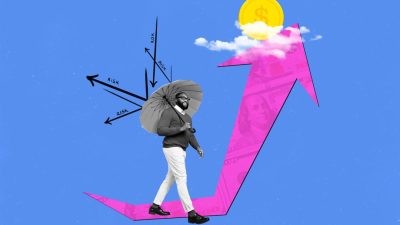
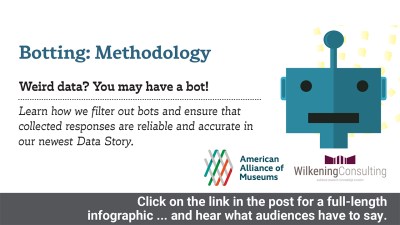

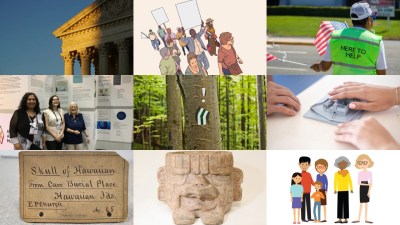
Comments